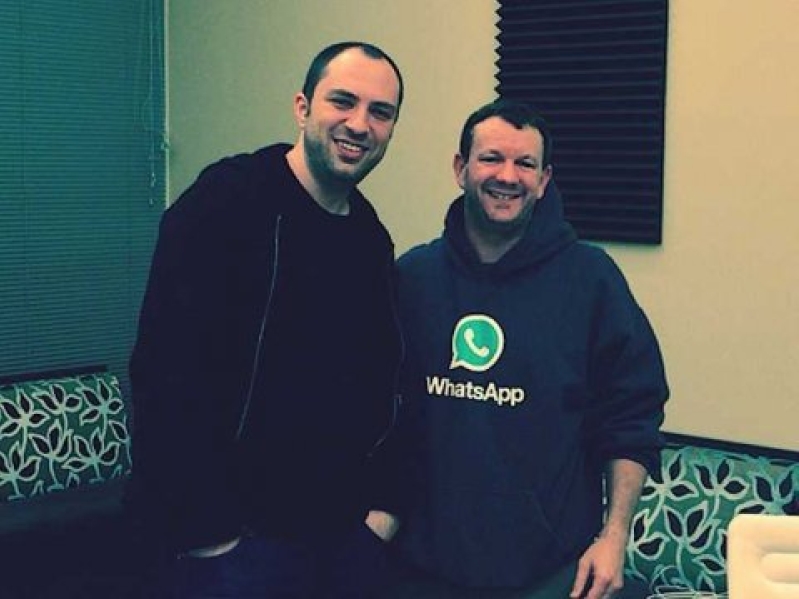
We have reported the problems that Apple has had with FBI over encryption of the iPhone, and although it ended with the iPhone related to the San Bernardino shooting being hacked, this was clearly not the end of an issue with the federal government and privacy of the everyday citizen. Now there is another battle going over with user security as WhatsApp, the online messaging service, has increased its encryption.
If you aren't familiar with WhatsApp, then you are not among the billion that use it to trade messages, phone calls, photos, and videos for its service. The company was bought by Facebook for $19 billion, and its founders, Brian Acton and Jan Koum, as well as a coder and cryptographer named Moxie Marlinspike, have created an end-to-end encryption to every form of communication on the WhatsApp service, according to Wired.
Any group of people that uses the latest version of WhatsApp, which covers the iPhone, Android phones, Windows phones, and even flip phones will have that end-to-end encryption in place. That means that even a WhatsApp employee cannot read any WhatsApp user's information. So here's the thing: this means that if the FBI came to WhatsApp and demanded information, the WhatsApp employees would have to truthfully say: "we don't know how to hack any of our clients' accounts".
Brian Acton, a former member of Yahoo before starting the WhatsApp company that has about 50 engineers at its headquarters, says that "building secure products actually makes for a safer world, [though] many people in law enforcement may not agree with that." He also stood by his new encryption, saying that you can even be a whistleblower and not worry.
The FBI and the Justice department didn't comment on this new action from the company, but it has been noted that WhatsApp's services were used to facilitate certain criminal acts, such as the Paris attacks last year. Joseph DeMarco, a former federal prosecutor who specializes in cyber crime and has represented various law enforcement agencies backing the FBI case with Apple has this point of view: "What do you do when a company creates an encryption system that makes it impossible for court-authorized search warrants to be executed? What is the reasonable level of assistance you should ask from that company?"
These are excellent questions, considering that Tim Cook really went on the pedestal to really tell the FBI that the company would not concede, and WhatsApp is going to do the same thing should court orders come through. A recent order from a Brazilian court ordered a temporary shutdown of WhatsApp after the company failed to turn over messages to the government that had been sent across a part of the service that was already encrypted.
This is a good time to say that there will be more of this issue of privacy and encryption from more big tech companies than just Apple and WhatsApp. Leave a comment if you have an opinion on this matter.







